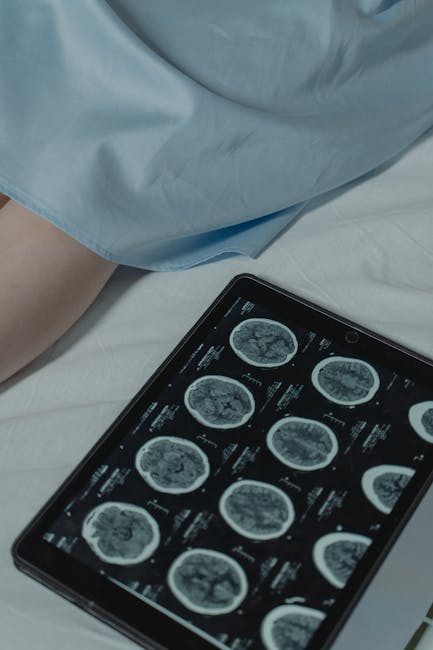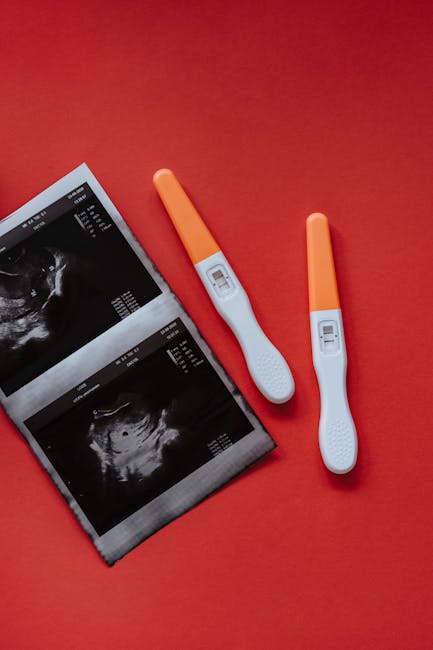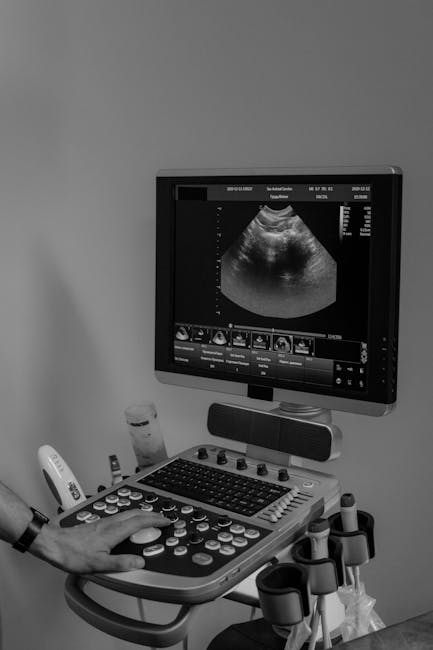Understanding Cancer Diagnosis and Treatment During Pregnancy
A couple of weeks ago, a friend of mine who is in her second trimester of pregnancy called me in a panic. Due to her recent medical history, it was recommended that she get an MRI in addition to her yearly mammogram as a way to screen for breast cancer. She, like many women who have the same question, was relieved and grateful to get this information. She then asked, “Do women get diagnosed with cancer in pregnancy? Can they be treated?”
Yes, cancer occurs in about one in a thousand pregnancies every year. The most commonly diagnosed cancers in pregnancy are breast, cervical, Hodgkin’s disease, malignant melanoma, and leukemias. It can be tricky to diagnose cancer during pregnancy because common cancer symptoms such as fatigue, changes in the breasts, bloating, headaches, rectal bleeding, blotchy skin, and achy joints can also be symptoms of pregnancy.
Cancer can be diagnosed in different ways, including physical exams, biopsies, blood tests, ultrasounds, and pap smears – all of which are used in pregnancy. But what about other tests?
Once diagnosed, the next thing to consider are various treatment options. Cancer can be successfully treated during pregnancy, but there are some important things to think about such as the size and location of the tumor, if the cancer has spread to other body parts, how far along you are in the pregnancy, and any other health conditions you may have.
Thankfully, my friend’s MRI is normal at this time. She was reminded to watch for any changes in her breasts and keep an eye on any symptoms. Remember, whether you are pregnant or not, it’s always best to report any concerns to your healthcare provider as soon as possible. This way you can be properly evaluated and treated if necessary, because most of the time a healthier mom leads to a healthier baby.
In conclusion, while a cancer diagnosis during pregnancy can be daunting, it is crucial to stay informed and vigilant. With appropriate medical care, the prognosis can be positive for both mother and child.




